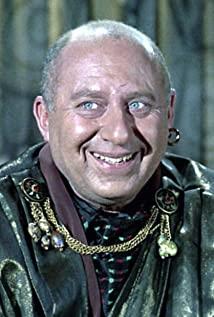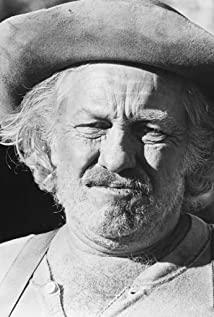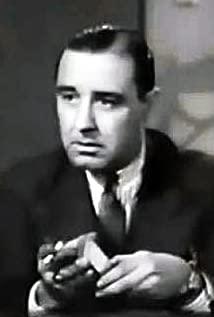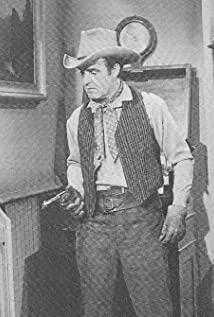(First published on WeChat public account: Gilda's Hong Lingyan)
Hollywood has always been keen to tell the story of redemption and redemption, and the redemption between lovers is a common theme - two people fall in love and develop an intimate relationship, at the same time, one-way or two-way play the role of savior, through human experience or caring influence Each other, make up for the lack of each other's past life, and finally both get true love, and each other's personalities are also fulfilled. This seems to have become a common trope in Hollywood love stories.
A typical example is "It Happened One Night": On the way to New York together, Vaughan helped Ellie re-understand herself, return to her nature, and complete a spiritual salvation; Ellie took Vaughn from a sloppy, bottom-line journalist career. rescued. At the end of the story, the two are married.
"A Star Is Born" (hereinafter referred to as "The Star"), released in 1954, handled the theme of redemption differently.
The first half of the film unfolds in nothing special: alcoholic actor Norman meets fledgling singer Esther and encourages the latter to step out of her comfort zone, find her lofty ideals, and develop her career in Hollywood. Under Norman's promotion, Esther successfully became a rising star in the film industry, and the two also fell in love in the process and got married.
So far, it can be regarded as Norman's complete redemption of Esther.
After marriage, Esther had a smooth journey to stardom, but Norman could not escape alcohol control and was eventually terminated by the studio. Just when the audience was expecting Esther to help Norman get rid of alcohol addiction and return to the right track of his acting career, so as to complete the redemption of Norman, and when the two lived happily together, the plot of the film unfolded unexpectedly.
In the days that followed, Esther tried her best to send Norman to a nursing home and begged the producers to re-assign Norman's role, but in the end she failed to save her broken husband. Although Norman always loved Esther, he couldn't stand the daily breakdown under the torture of alcohol addiction and self-esteem. After a drunken trouble was arrested and released on bail, Norman committed suicide by throwing himself into the sea.
The studio owner once said to Esther: "He (Norman) is dead before he meets you". Norman's alcoholism and stubbornness haven't changed much since he met Esther, who loves his wife while letting his self-destructive tendencies run rampant. It seems that whether or not he meets Esther, he is destined to slip into the abyss of tragedy.
I personally think that the saddest part of the story of "The Star" is precisely here. Unlike Esther, Norman is born with some kind of self-destructing gene, and his fate has the shadow of the ancient Greek tragedy, which is inevitable and irreversible. His tragic ending, in the final analysis, comes from his own inherent attributes, not caused by Esther or other external forces, and cannot be rewritten by the outside world. Esther kept trying to save, but she couldn't prevent the tragedy from happening, only adding one more grief.
Esther didn't become the "redeemer" you see in Hollywood movies.
But she did impact Norman's life in another way: she became his legacy.
After Norman committed suicide, when his friend advised Esther to come back, he said: "Your success is the result he left to the world, and you are the evidence that he once existed. If you give up, then Norman Maine will be completely erased. At the end of the film, Esther made a public appearance at the theater where the two first met, and after taking the stage, she announced to the audience: "I am Mrs. Norman Maine."
Esther breaks into Norman's life and witnesses the latter's self-destruction, and then his legacy. She can't save him, but will live on as his "work". She intersects with his life with such a brutal mission that makes Esther & Norman's stories so sentimental and heartbreaking.
Now it seems that the setting of the film is essentially rejecting the existence of women as the main body, which is obviously influenced by the patriarchal ideology at that time.
The same failure of redemption is reminiscent of a film "Leaving Las Vegas" (1995) 40 years later. In the film, Ben, an alcoholic who decides to commit suicide, meets the prostitute Sara and falls in love. Sara tries to persuade Ben to quit drinking and start a new life, but Ben insists on going to the death that has been written. However, the two films are significantly different. Ben and Sarah have a weaker connection in fate and emotion. The "legacy" (if any) left by Ben is far less external and strong than the birth of a new star in "The Star". The story falls into a deeper decadence and confusion at the end, unlike the ending of "The Star" that flashes a little firm hope.
View more about A Star Is Born reviews











